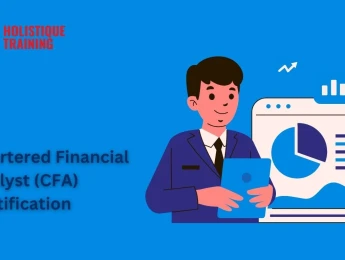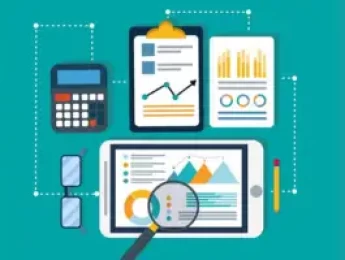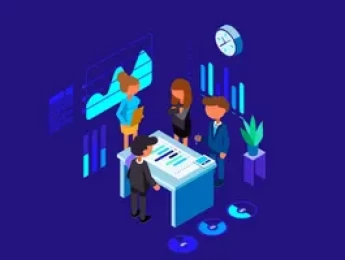The banking profession is evolving to meet consumer demands, with a shift from high street to online shopping necessitating fast and responsive payment methods. Businesses must continually review and update their payment processes, embracing new technology to ensure seamless online and face-to-face transactions. Popular apps like PayPal, Google Pay, and Apple Pay enhance consumer convenience, driving sales and profits. Involving financial professionals and IT developers is crucial to optimising payment processes and ensuring efficiency and compatibility with various payment methods and regulations.
Upon completion of this course, participants will be able to:
- Understand the most effective process management systems and services to manage payments through your business.
- Develop key concepts around receiving and issuing payments.
- Launch profitable credit and debit card schemes for making and receiving payments.
- Understand the various payment platforms now in use in the banking industry.
- Develop a roadmap for change to develop alongside competitors.
- Manage the key features of the card life cycle and what that means for your business.
- Create a risk assessment process for card payments and devices.
- Audit your card payment methods and enact responsible changes to respond to challenges or movements in the economic market.
- Analyse your product and IT strategies and maintain best practices.
- Assess the regulations around making and receiving payments and understand your obligations as a reputable business.
This course is designed for anyone responsible for the data surrounding payments or is required to manage projects around current payment systems. It would be most beneficial for:
- Business Owners
- Financial Managers
- Chief Financial Officers
- IT Consultants
- Project Managers
- Software Developers
- Accountants
- Data Analysts
- Administrators
- Customer Service Teams
This course uses various adult learning methods to aid full understanding and comprehension. Participants will review various patterns in payment processing and see videos and presentations to understand how technological changes affect payment processing.
In teams, the participants can identify potential fraud issues and place prevention and mitigation measures. They will also review their current payment processes and work to understand essential pain points and updates to stay ahead of the game. Group exercises will help participants understand their key marketing strategies within card processing and utilise the most up-to-date technologies to obtain the most successful outcomes.
Day 5 of each course is reserved for a Q&A session, which may occur off-site. For 10-day courses, this also applies to day 10
Section 1: The Economic Climate & Your Payment Regime
- Understanding the current payment landscape.
- Acquiring revenue.
- Your processes against your competitors.
- Issuing payments and getting value for money.
- Considering overseas payments and the regulations.
- Paying extra fees for payment processing.
- Cards payments and interchange networking.
Section 2: Card Payment Schemes
- Card payment schemes.
- EMV.
- CUPs.
- Acceptance devices and card payment types.
Section 3: Online Payments & Payment Gateways
- Popular payment gateways.
- PCI (Payment Card Industry).
- DISS (Data Security Standards).
- Your obligations to assess fraudulent activity.
- Maintaining a secure environment.
- Messages, recipes, and standard protocols.
- Payment service providers.
- GooglePay, PayPal, and ApplePay services.
- WorldPay business payment acceptance.
Section 4: Devices & Implementation
- Implementing devices into your payment roadmap.
- Paying for devices and offsetting costs.
- Device updates and best practices.
- Open banking and app usage.
- How to prepare for a banking change.
- Communication and accessibility requirements.
Section 5: The Future of Payment Processing
- Mobile money ecosystems.
- Banking application reliability.
- The future of your business through payment procedures.
- Understanding your IT capabilities.
- Virtual payments and cryptocurrencies.
Upon successful completion of this training course, delegates will be awarded a Holistique Training Certificate of Completion. For those who attend and complete the online training course, a Holistique Training e-Certificate will be provided.
Holistique Training Certificates are accredited by the British Assessment Council (BAC) and The CPD Certification Service (CPD), and are certified under ISO 9001, ISO 21001, and ISO 29993 standards.
CPD credits for this course are granted by our Certificates and will be reflected on the Holistique Training Certificate of Completion. In accordance with the standards of The CPD Certification Service, one CPD credit is awarded per hour of course attendance. A maximum of 50 CPD credits can be claimed for any single course we currently offer.
Tags
finance, Accounting, Card, Payment Methods, payment, Decision-Making, online payment, Card payment, EMV. CUPs, PCI, DISS,- Course Code IND12-103
- Course Format Classroom, Online,
- Duration 5 days














